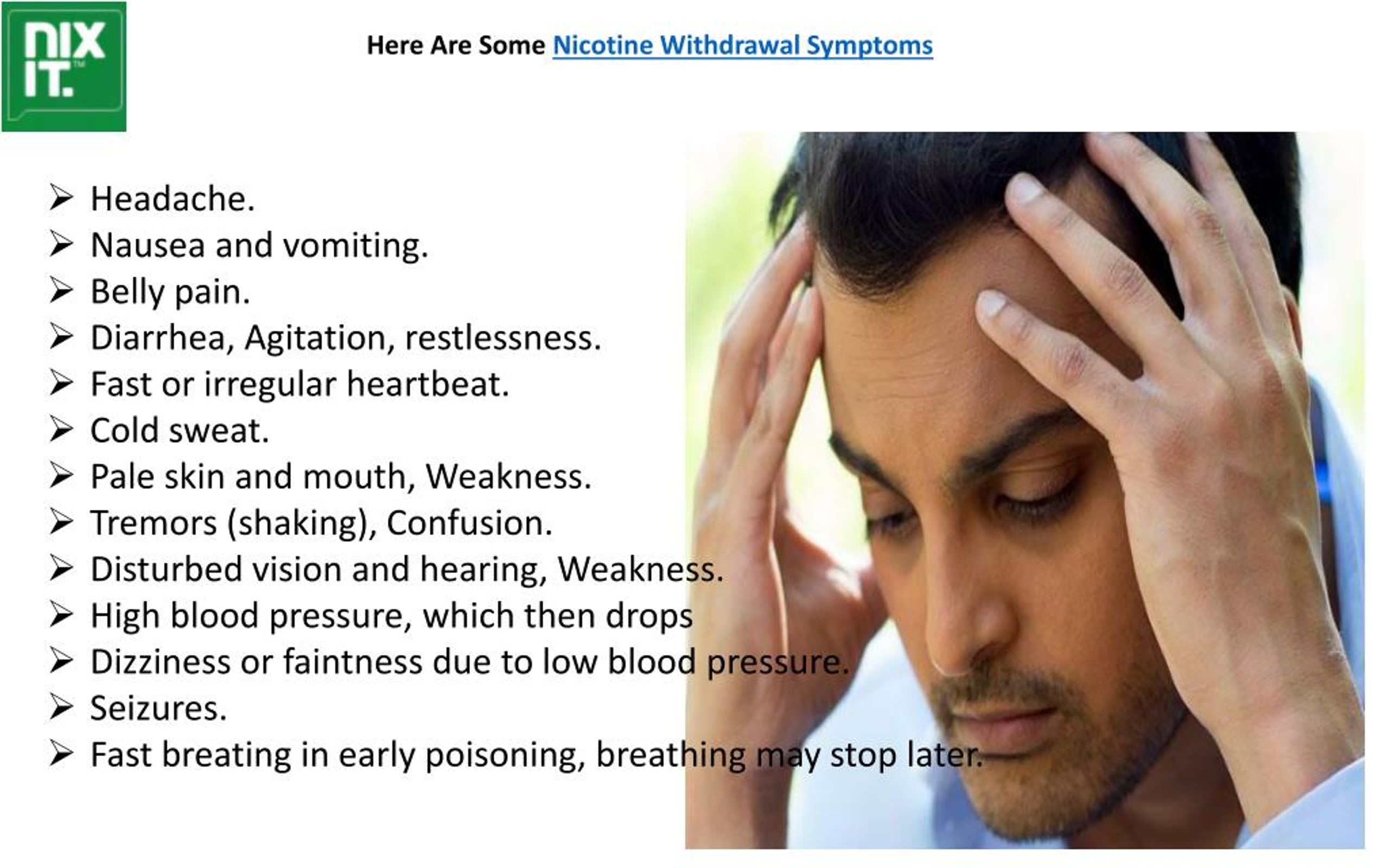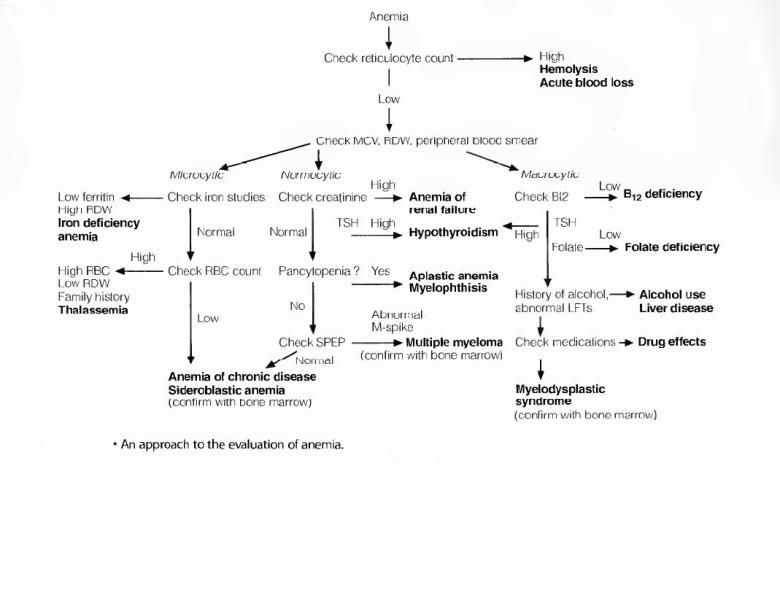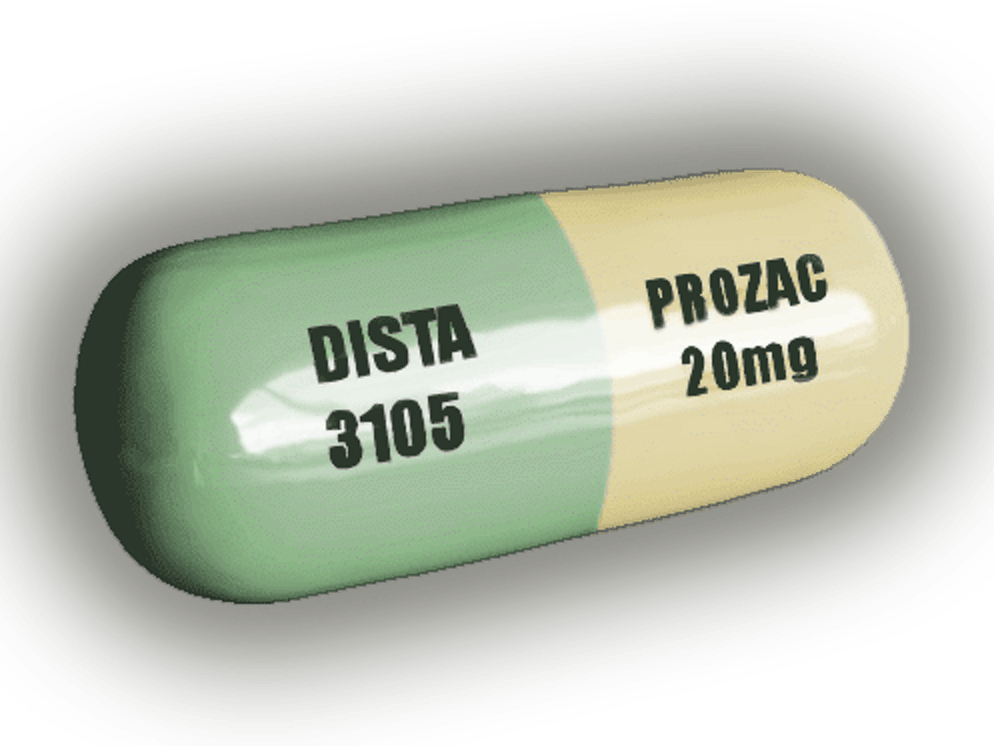Stress relieving medicines
Best medication for stress: Types, benefits, and safety
The most common medications to manage symptoms of stress are tranquilizers, beta-blockers, and selective serotonin reuptake inhibitors (SSRIs), among others. Additional treatments may include acupuncture and herbal remedies.
Stress is the body’s natural response to dangerous situations in which a person feels threatened or is under pressure.
Everyone experiences stress differently, and how a person feels may depend on their genetics, experiences, and social and economic circumstances.
Learn more about the common symptoms of stress and the prescribed medications to address it, including the types, interactions with other medications, and potential side effects. We will also explore alternative treatments and home remedies.
Common symptoms of stress can include:
- headache
- muscle tension
- heart palpitations
- a feeling of being overwhelmed
- difficulty concentrating or remembering things
- changes in mood
- nausea
- constipation
- diarrhea
When a person experiences a stressful situation, their body releases a stress hormone, cortisol, which prepares the body to deal with danger. While this hormone can help a person cope in demanding situations, ongoing stress can take a mental and physical toll.
Stress can affect a person’s day-to-day life. However, several medications can help manage the symptoms.
Benzodiazepines are a type of prescription tranquilizer medications that doctors prescribe for their calming effect. Typically, a doctor will prescribe benzodiazepines in the short term, for no more than 2–4 weeks, because these medications come with a risk of dependency, cognitive decline, and falls.
Benzodiazepines work by enhancing the effect of gamma-aminobutyric acid, a substance that sends calming signals to the body. These calming signals counteract the overstimulation that happens in the body when a person experiences anxiety. They quickly and effectively reduce symptoms.
Common types
Some of the most common types of benzodiazepines are:
- alprazolam (Xanax)
- clonazepam (Klonopin)
- lorazepam (Ativan)
- diazepam (Valium)
A person can take the medication orally, or a doctor can administer it through an intravenous injection, which delivers the drug directly into the veins.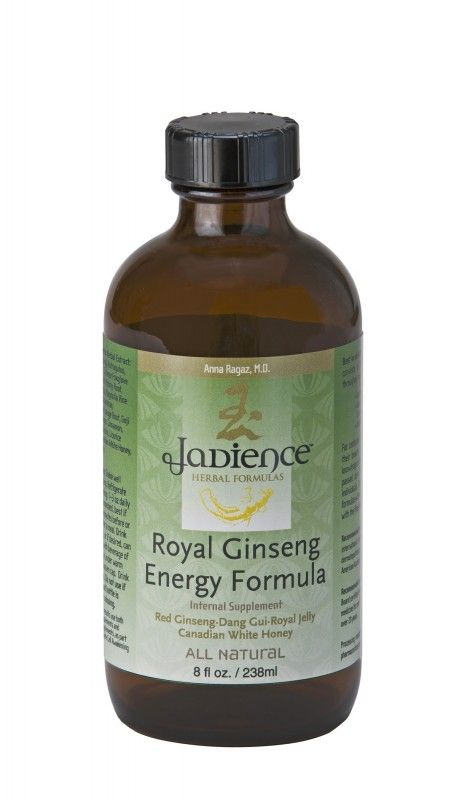
The dosage will vary depending on a person’s weight, sex, and tolerance.
While benzodiazepines can offer fast-acting relief, the effects may last only a few hours. Below are examples of dose types and how long they last for Valium (diazepam) and alprazolam (Xanax).
Diazepam
Diazepam will take effect within 15–40 minutes and last 5–8 hours.
Light dose: 2.5–5 milligrams (mg)
Common dose: 5–15 mg
Strong dose: 15–30 mg
For anxiety-related conditions, people can take this medication up to three times per day, as needed.
Xanax
Xanax will take effect within 20–40 minutes and last 5–8 hours.
Light dose:
0.25–0.5 mg
Common dose: 0.5–1.5 mg
Strong dose: 1.5–2 mg
For anxiety-related conditions, people can take this medication three times daily, as needed.
Drug interactions
Some substances can have a negative interaction with benzodiazepines, including:
- other tranquilizer medications
- opioids
- sedatives
- alcohol
- cannabis
Potential side effects
Side effects of benzodiazepines can include:
- drowsiness
- headaches
- difficulty concentrating
- low sex drive
- vertigo
- unsteadiness
- muscle weakness
Long-term use of benzodiazepines can come with the risk of addiction and overuse.
A person may wish to discuss with their doctor the risks and benefits of benzodiazepines and how to navigate the possibility of addiction.
Beta-blockers are prescription drugs that block certain nerve impulses, helping to control the body’s fight-or-flight stress response.
The Food and Drug Administration (FDA) does not approve of using beta-blockers for anxiety, as they do not prevent anxiety. However, doctors may prescribe them to help reduce some of the physical symptoms of anxiety, such as:
- shaking
- sweating
- increased heart rate
Common types
Some common types of beta-blockers are:
- acebutolol (Sectral)
- bisoprolol (Zebeta)
- propranolol (Inderal)
- metoprolol (Lopressor)
- sotalol (Betapace)
A doctor may suggest taking beta-blockers before stressful events or prescribe them for a person to take regularly.
Precautions
Before taking beta-blockers, a person should inform their doctor if they have a history of any of the following:
- asthma
- low blood pressure
- problems with heart rhythm, or arrhythmia
- diabetes
- kidney or liver disease
If a person is pregnant, they should consult their doctor before taking beta-blockers.
Drug interactions
Some medications may interact with beta-blockers and affect the way they work. These include:
- antiarrhythmics
- antipsychotics
- clonidine
- mefloquine
- antihypertensives
- nonsteroidal anti-inflammatory drugs (NSAIDs)
- insulin
Potential side effects
Beta-blockers may cause a range of side effects, including:
- nausea and vomiting
- dizziness
- headache
- fatigue
- dry mouth and eyes
- slow heartbeat — bradycardia
SSRIs, a group of prescription antidepressants, treat anxiety and depression.
SSRIs work by reducing the reuptake of serotonin so that more serotonin is available in the body.
Serotonin may be involved in the regulation of a person’s:
- mood
- behavior
- memory
Common types
Common SSRIs include:
- citalopram (Celexa)
- escitalopram (Lexapro)
- fluoxetine (Prozac)
- fluvoxamine (Luvox)
- paroxetine (Paxil)
- sertraline (Zoloft)
- vilazodone (Viibryd)
Unlike benzodiazepines, SSRIs are a type of medication that doctors tend to prescribe for long-term use. A person can take SSRIs orally in tablet, capsule, or liquid form. In most cases, a person will take their SSRI medication once daily.
A person can take SSRIs orally in tablet, capsule, or liquid form. In most cases, a person will take their SSRI medication once daily.
A doctor typically starts a person on a low dose and gradually increases it if needed. A person can begin to feel the effects of SSRIs within 2–4 weeks.
Drug interactions
Some medications can affect how SSRIs work or increase the risk of adverse side effects. Medications that may interact with SSRIs include:
- NSAIDs
- opioids
- antiplatelets
- theophylline
- lithium
- triptans
- other antidepressants
In rare cases, if a person takes multiple substances that increase serotonin, their serotonin levels can become too high, causing serotonin syndrome.
Examples of such substances include:
- antidepressants
- headache medications
- herbal supplements such as St John’s wort
Potential side effects
Possible side effects of SSRIs include:
- dry mouth
- nausea
- indigestion
- constipation
- weight gain
- excessive sweating
- reduced sex drive
- changes to sleep patterns
SNRIs are prescription antidepressants that increase serotonin levels in the body.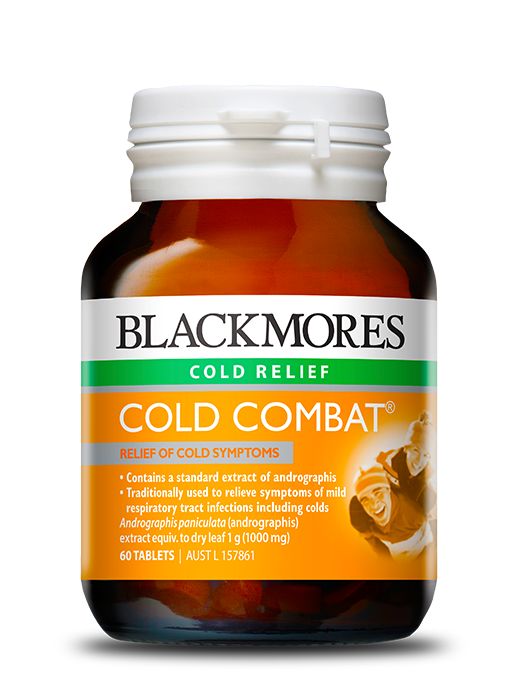 If a person does not respond to SSRIs, they may respond to SNRIs, which work slightly differently.
If a person does not respond to SSRIs, they may respond to SNRIs, which work slightly differently.
In addition to serotonin, SNRIs prevent the uptake of norepinephrine, a substance that plays a key role in attention, memory, and focus. Over time, these changes boost levels of serotonin and norepinephrine in the body and aim to improve a person’s mood and anxiety levels.
Common types
Common types of SNRIs include duloxetine (Cymbalta) and venlafaxine (Effexor).
SNRIs come in tablet, capsule, and liquid form, and a person takes them daily. They tend to be long-term medications, and a person may not feel the effects until they have taken the medication for 6 weeks.
Drug interactions
SNRIs can interact with certain medications, many of which also interact with SSRIs and come with the risk of serotonin syndrome.
The FDA states that a person should not take monoamine oxidase inhibitors — a type of antidepressants — while taking SNRIs. A person may also wish to consult their doctor if they have liver or kidney problems, as SNRIs may affect these issues.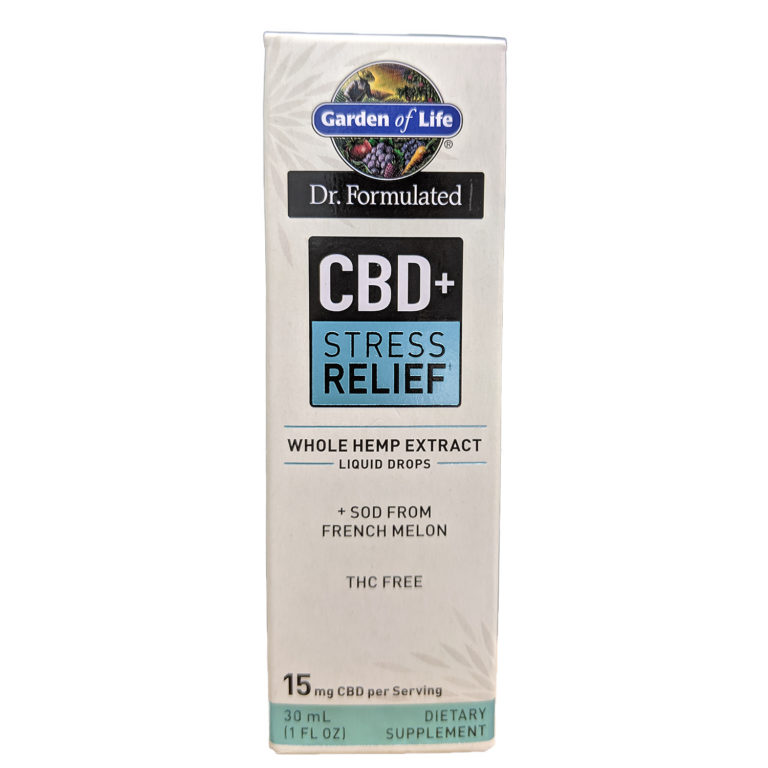
Potential side effects
SNRIs can have the same side effects as SSRIs and may also cause:
- loss of appetite
- anxiety
- panic attacks
- weakness
Read more about SSRIs vs. SNRIs.
Pregabalin (Lyrica) is a type of anticonvulsant medication that doctors use to treat epilepsy, but they may also recommend it as an off-label treatment for anxiety.
Medical professionals may consider this medication if someone has not responded to antidepressants and benzodiazepines.
The dose of pregabalin can vary, but doctors tend to prescribe a low dose at first and increase it gradually.
Pregabalin comes in capsule, tablet, and liquid form. The usual dose of pregabalin is 150–600 mg per day, split into 2 or 3 doses. If a person takes pregabalin as a liquid, taking 2.5 milliliters is usually the same as taking a single 50-mg capsule.
Pregabalin may not have an immediate effect, and it can take a few weeks for a person to feel the benefits.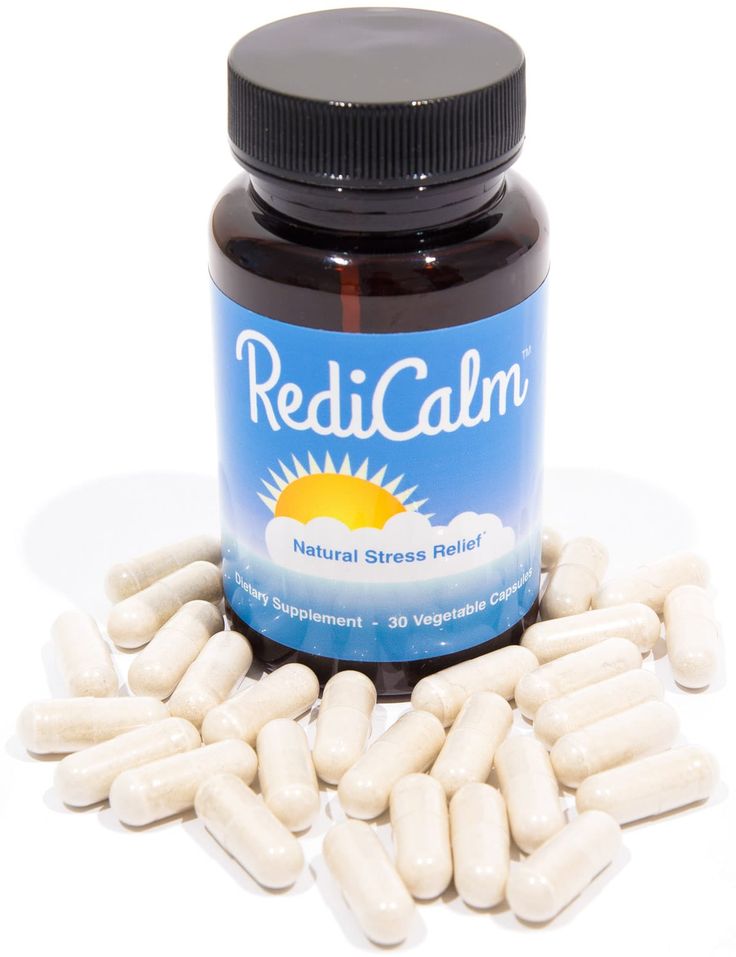 If pregabalin works well for a person, a doctor will tend to prescribe it in the long term.
If pregabalin works well for a person, a doctor will tend to prescribe it in the long term.
Drug interactions
Medications that interact with pregabalin include:
- opioids
- benzodiazepines
- gabapentin (Neurontin)
- sleep medications such as Ambien
- cyclobenzaprine (Amrix)
While this list includes some interactions, it does not cover every possible interaction. A person should tell their doctor about any medications they are taking before starting pregabalin.
Possible side effects
Possible side effects of pregabalin include:
- headache
- tiredness
- mood changes
- nausea
- blurred vision
- diarrhea
- swelling of the hands and feet
- dizziness
The side effects are often mild and can go away after a few weeks. If side effects continue to affect a person’s quality of life, they may wish to speak with their doctor.
A person may find alternative therapies helpful in managing stress.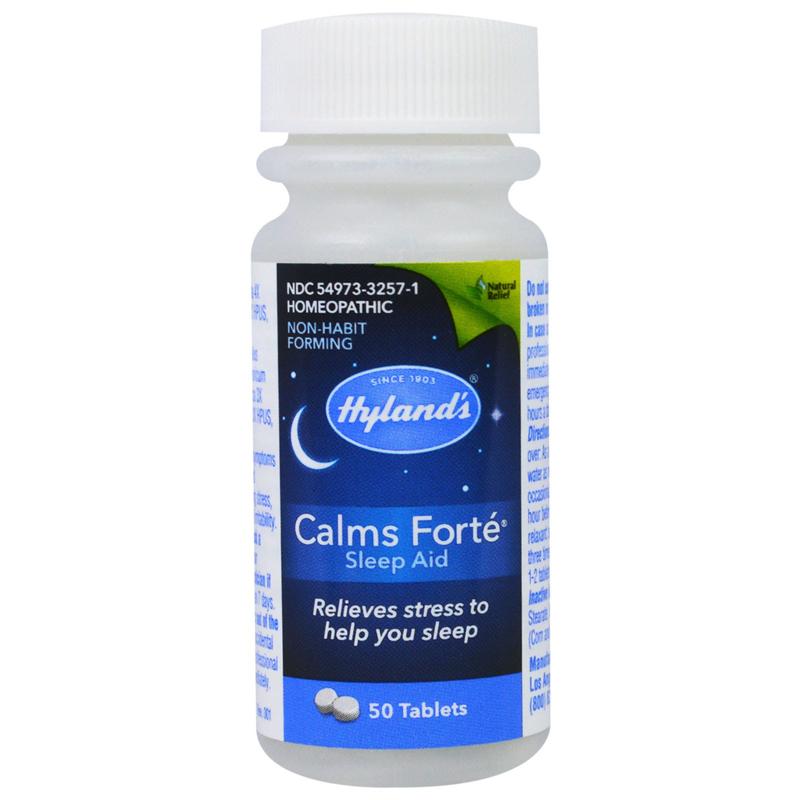
People can seek out therapy, such as cognitive behavioral therapy, with a mental health professional.
Mindfulness-Based Stress Reduction (MBSR) is another therapy a person can use to manage stress. MBSR helps people relax by focusing on their awareness of their breathing and body in the present moment.
A 2018 review found that MBSR can help reduce levels of:
- emotional exhaustion
- general stress
- occupational stress
- anxiety
- depression
- psychological distress
Additional research from 2019 suggests that aromatherapy combined with music therapy can help reduce a person’s stress and anxiety levels, especially in terms of work stress. However, more research is needed to determine the long-term effects.
Other therapies
Other therapies that a person may find helpful in managing stress include:
- acupuncture
- herbal remedies
- hypnotherapy
- massage
- reflexology
- tai chi
- yoga
Certain lifestyle habits may also help a person manage stress, including:
- getting regular exercise
- eating a balanced diet
- limiting the intake of alcohol, drugs, and caffeine
- getting organized with to-do lists and journaling
- aiming for a regular sleep schedule
- scheduling time for relaxation and hobbies
Stress can affect a person both mentally and physically.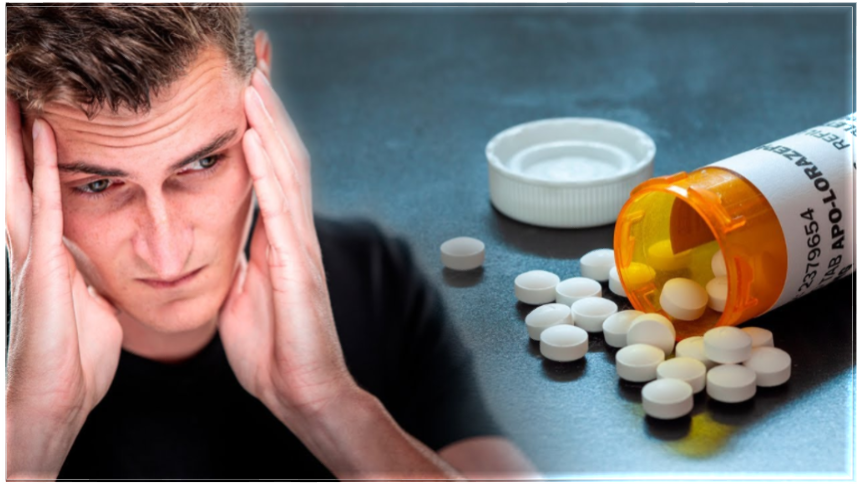 However, several medications can help reduce the symptoms of stress.
However, several medications can help reduce the symptoms of stress.
Each medication has unique dosages, risks, and considerations. A person can work with a doctor to find the most suitable treatment.
Medication Strategies for Stress Relief
Because stress manifests as a function of the body and brain, both of which are essentially chemically driven systems, a wide variety of medications can be used to aid in the process of stress relief and prevention. There is no one specific family of medicines that is used to decrease stress. Instead, physicians may prescribe a range of medications to address specific stress-related symptoms. For instance, sedatives (also referred to as tranquilizers, hypnotics, and/or anxiolytics), antidepressants, and beta-blockers have all been used to help people cope with stress.
A note of caution is appropriate with regard to using medicines for stress relief. Many of the medications that are useful for stress relief are also addictive.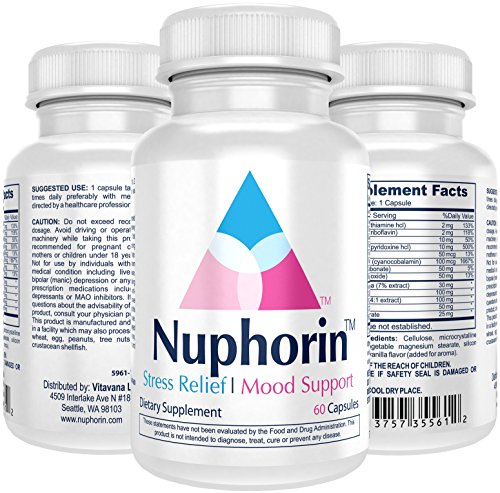 Serious behavioral and health problems are possible and even likely to occur as a result of using such substances unless care is exercised. All of the medicines described below (addictive or not) have the potential for side effects and health risks and should only be used as prescribed by a responsible and licensed physician.
Serious behavioral and health problems are possible and even likely to occur as a result of using such substances unless care is exercised. All of the medicines described below (addictive or not) have the potential for side effects and health risks and should only be used as prescribed by a responsible and licensed physician.
Sedative (CNS depressant) medications
Sedative medications depress (slow down or inhibit) the activity of the central nervous system (CNS: comprising the brain and spinal cord), causing a sense of relaxation, reduced anxiety and tension, sleepiness, and slowed breathing. In higher doses, these medications can cause slurred speech, an impaired ability to walk around, poor judgment, and slowed reflexes. It is possible to overdose on such medications, with potentially lethal effects (although some types of sedatives achieve lethal doses more easily than others).
One of the most commonly prescribed group of sedatives is the Benzodiazepines which include alprazolam (Xanax), clonazepam (Klonopin), diazepam (Valium), lorazepam (Ativan), triazolam (Halcion), temazepam (Restoril), and chlordiazepoxide (Librium).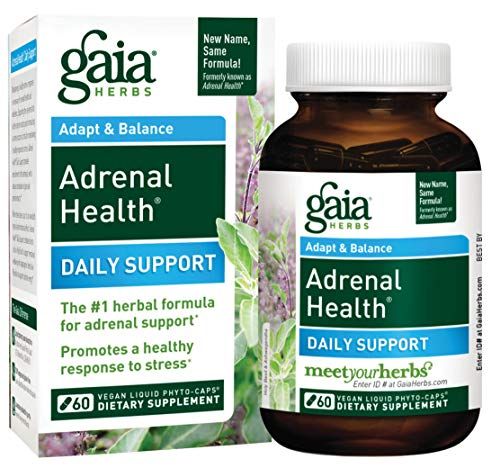 As CNS depressant drugs go, benzodiazepines are relatively safe substances with a relatively low lethality potential. An older class of CNS depressant drugs, the barbiturates, are less safe to use (as a rule) than are benzodiazepines. As a result, barbiturates are less commonly prescribed today. Alcohol (the active ingredient in liquor, beer and wine) is also a sedative.
As CNS depressant drugs go, benzodiazepines are relatively safe substances with a relatively low lethality potential. An older class of CNS depressant drugs, the barbiturates, are less safe to use (as a rule) than are benzodiazepines. As a result, barbiturates are less commonly prescribed today. Alcohol (the active ingredient in liquor, beer and wine) is also a sedative.
Benzodiazepines, barbiturates and alcohol produce their calming effects by activating (or 'agonizing') a naturally occurring neurotransmitter substance commonly found in the brain called GABA. GABA is an inhibitory neurotransmitter whose function is to slow down brain activity. By activating GABA, benzodiazepines, barbiturates and alcohol all function to inhibit brain activity and thus slow and calm down the body.
Other commonly prescribed drugs with sedating effects include antihistamines (medications typically used to decrease allergic reactions such as Atarax or Vistaril), and sleeping medications (e.g., glutethimide (Doriden), methyprylon (Noludar), and ethchlorvynol (Placidyl). Most sedative medications have the potential to cause physiological and psychological dependence (addiction) when taken regularly. Users of such substances who become dependent may experience withdrawal symptoms, including potentially severe restlessness and insomnia and even death if they do not continue to take their medication. Combining multiple sedatives (or taking sedatives together with alcohol) can lead to coma or death.
Most sedative medications have the potential to cause physiological and psychological dependence (addiction) when taken regularly. Users of such substances who become dependent may experience withdrawal symptoms, including potentially severe restlessness and insomnia and even death if they do not continue to take their medication. Combining multiple sedatives (or taking sedatives together with alcohol) can lead to coma or death.
Buproprion (BuSpar)
BuSpar is an anti-anxiety medication that is not chemically related to the benzodiazepines, barbiturates, or other sedative/anxiolytic drugs. BuSpar is used to treat the physical symptoms of anxiety, such as bodily tension, dizziness, racing heartbeat, etc. This medication is typically prescribed as a short-term remedy for anxiety (i.e., patients use it for no more than 4 weeks at a time). Therefore, it is not a good option as a long-term stress reducing strategy.
BuSpar does not exert anti-convulsant (anti-seizure) or muscle relaxant effects, and is non-sedating. Although it's not entirely clear how this drug works, some research suggests that BuSpar affects Serotonin and Dopamine (other chemical messengers in the brain and nervous system that impact mood) receptors. BuSpar is not addictive, and people do not develop a tolerance (i.e, require increasing amounts of the medication to achieve the same effects) to this medication.
Although it's not entirely clear how this drug works, some research suggests that BuSpar affects Serotonin and Dopamine (other chemical messengers in the brain and nervous system that impact mood) receptors. BuSpar is not addictive, and people do not develop a tolerance (i.e, require increasing amounts of the medication to achieve the same effects) to this medication.
The main disadvantage of BuSpar is that it takes about 1 to 3 weeks before people experience relief of their anxiety symptoms. Also, many people report that BuSpar does not work as well as benzodiazepines for controlling their symptoms.
Serious, life-threatening side effects can occur if people take BuSpar within 14 days after using an MAO inhibitor (e.g., phenelzine (Nardil), rasagiline (Azilect), selegiline (Eldepryl, Emsam), or tranylcypromine (Parnate), which is an older medication that is sometimes prescribed to treat depressive symptoms. Grapefruit and grapefruit juice may also interact with BuSpar and lead to potentially dangerous side effects.
Antidepressant medications
Antidepressant medications derive their family name from their function. They are used primarily to treat Major Depression and related conditions. However, these medications also have anti-anxiety properties, and in many cases, can also be used to treat symptoms of stress. These days, a particular family of antidepressants known as selective serotonin reuptake inhibitors (SSRIs), which includes Paxil, Prozac and Lexapro, are the most commonly prescribed antidepressant medications for this anti-anxiety, anti-stress purpose.
The SSRI medicines are named for their work at the neuronal level of the brain. Neurons (the primary cells comprising the brain and spinal cord) talk with one another through the use of chemical messagers known as neurotransmitters. One of these neurotransmitters, Serotonin, is thought to play an important role in creating susceptibility to depression and anxiety conditions.
During the process of neuronal communication, a sending neuron releases a neurotransmitter chemical into a space between neurons known as the synapse, where it makes contact with a receiving neuron and stimulates that neuron into action. Having completed its communication job, the Serotonin gets sucked back up by the sending neuron in a process called reuptake. When reuptake happens too quickly or efficiently (as seems to be the case in depression and anxiety), the net effect is that not enough Serotonin is present to properly do it's job, and mood regulation problems can result. SSRIs and similar drugs slow down the process of reuptake so that Serotonin stays in the synapse longer. Increased Serotonin levels can, in part, improve a person's mood and decrease anxious feelings.
Having completed its communication job, the Serotonin gets sucked back up by the sending neuron in a process called reuptake. When reuptake happens too quickly or efficiently (as seems to be the case in depression and anxiety), the net effect is that not enough Serotonin is present to properly do it's job, and mood regulation problems can result. SSRIs and similar drugs slow down the process of reuptake so that Serotonin stays in the synapse longer. Increased Serotonin levels can, in part, improve a person's mood and decrease anxious feelings.
SSRI medications are not addictive in the classical sense, but there are negative side effects associated with their use, such as nausea, dizziness, dry mouth, sleep disturbances and a wide range of sexual arousal and climax problems. For more information about SSRI medications, please consult this article in our Major Depression topic center.
Beta Blockers
Beta blockers are medications that are typically used to control high blood pressure and treat certain heart problems. For some people, these medications can decrease stress symptoms. Beta-blockers such as Inderal (propranolol) and Tenormin (atenolol) block the action of the neurotransmitter and hormone norepinepherine in the arteries and the heart muscle, causing arteries to widen, slowing the action of the heart, and decreasing the force of contraction. The most common negative side effects of beta-blockers are cold hands and feet, tiredness and sleep disturbance (i.e., nightmares). Less common side effects of beta blocker use include impotence, dizziness, wheezing, digestive tract problems, skin rashes and dry eyes.
For some people, these medications can decrease stress symptoms. Beta-blockers such as Inderal (propranolol) and Tenormin (atenolol) block the action of the neurotransmitter and hormone norepinepherine in the arteries and the heart muscle, causing arteries to widen, slowing the action of the heart, and decreasing the force of contraction. The most common negative side effects of beta-blockers are cold hands and feet, tiredness and sleep disturbance (i.e., nightmares). Less common side effects of beta blocker use include impotence, dizziness, wheezing, digestive tract problems, skin rashes and dry eyes.
Nutritional Supplements
Various nutritional supplements, including Kava, Passion flower, Valerian, 5-HTP; and the herbs Skullcap (Scutellaria lateriflora), Chamomile (Anthemis nobilis), Hops (Humulus Lupulus), Motherwort (Leonurus cardiaca), and Oats (oat straw) (Avena sativa) are in common use as stress and anxiety remedies.
Though most of these substances occur naturally (e.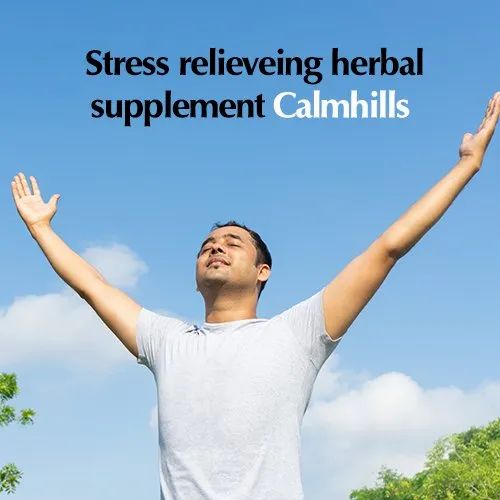 g., are harvested from plants rather than created in a laboratory) this does not mean that these substances are harmless! In certain doses and certain combinations, such supplements can exacerbate medical conditions and/or interfere with the effectiveness of prescription medications. It is always advisable to consult with a physician trained in complementary and alternative medicine before using any of these herbal or nutritional substances in order to find how how these various substances work, as well as their potential side effects.
g., are harvested from plants rather than created in a laboratory) this does not mean that these substances are harmless! In certain doses and certain combinations, such supplements can exacerbate medical conditions and/or interfere with the effectiveness of prescription medications. It is always advisable to consult with a physician trained in complementary and alternative medicine before using any of these herbal or nutritional substances in order to find how how these various substances work, as well as their potential side effects.
Articles of the network of pharmacies "Classic" - Pharmacy Classic
09/21/2017
“All diseases are from the nerves,” said doctors in the middle of the 20th century. However, the 21st century has come, and nothing has changed in this regard. The rhythm of life is still accelerating, the demands are getting higher, and the fatigue is getting bigger. Tips for normalizing rest and sleep patterns, improving nutrition and avoiding stressful situations help, but to help them they need to take medications that help the depleted nervous system restore tone and return to normal.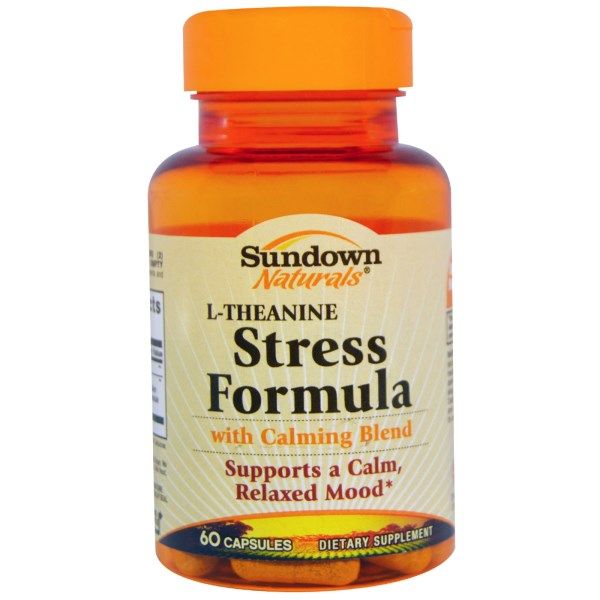
It is gratifying that modern pharmacology does not stand still and regularly supplies new and more advanced sedatives to the drug market. Their effect on the body manifests itself much faster, they have fewer contraindications and do not cause side effects that the drugs of past generations were famous for. In our selection, experts from the Classic pharmacy will tell you which sedatives are considered the best today.
1. Fitosedan (Sedative collection No. 2).
This sedative is one of the few all-natural stress relievers. At the same time, the absence of synthetic components does not in the least prevent it from exerting a powerful sedative effect on the body, and all thanks to an amazing combination of medicinal herbs such as oregano and thyme, valerian, sweet clover and licorice root. As practice shows, Fitosedan perfectly eliminates sleep problems and prevents the negative effects of stress, if it has not yet become chronic.
In addition, sedative collection No. 2 does not harm the body, which means that it can be used even during pregnancy and even children. The same applies to side effects. For example, Fitosedan does not cause drowsiness, and therefore doctors recommend drinking it in the afternoon, brewing one filter bag at a time, and drinking it like tea. Moreover, you can take the remedy even in the morning or at lunchtime, without fear of the appearance of a sleepy or inhibited state. With all this, Fitosedan is an affordable drug, the price of which will pleasantly surprise you.
2. Persen.
Persen is another herbal preparation that combines valerian extract with lemon balm and peppermint. In this combination, the substances from these herbs are able to have a mild relaxing and calming effect on the body. The drug Persen perfectly copes with neurotic conditions and unpleasant symptoms of stress, it is effective as a remedy for anxiety and depression, and besides, it bears the proud title of "The Best Natural Sleeping Pill".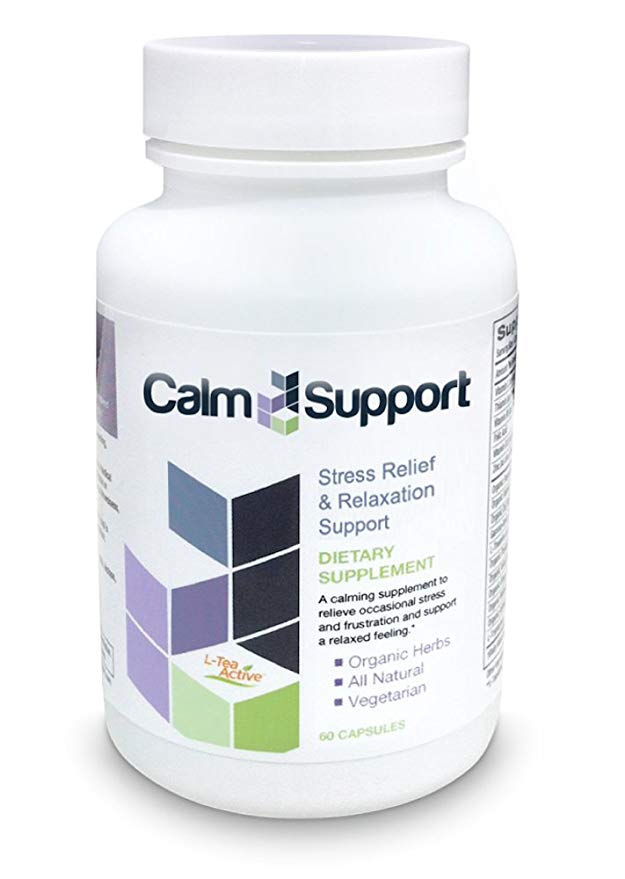 Moreover, experts often prescribe this medication for the prevention of psychosomatic disorders.
Moreover, experts often prescribe this medication for the prevention of psychosomatic disorders.
Separately, we will say that Persen is not at all addictive and does not reduce concentration, so it can be taken by people engaged in activities that require increased concentration. If we talk about the shortcomings of the drug, then this should include individual intolerance and hypersensitivity to the components of Persen. Persen is not prescribed to children under three years of age due to the lack of studies confirming the safety of taking the medicine at this age.
3. Tenoten.
This drug belongs to homeopathic remedies, the effects on the body of which are still disputed today. The fact is that the active substance of the drug is present in this medication in extremely small doses, and, according to some scientists, does not have a positive effect on the nerves. Nevertheless, numerous studies and reviews prove that the drug is excellent for people who are in a state of prolonged stress, those who suffer from neuroses and are faced with autonomic and psychosomatic disorders.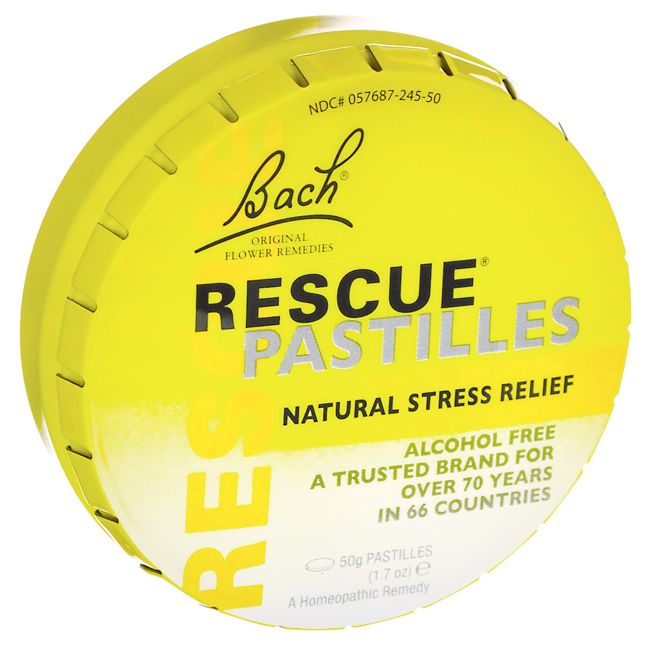
In addition, Tenoten improves memory and increases the body's resistance to stress. The undoubted advantage of the drug is that due to the minimum doses of the drug, Tenoten does not cause side effects. And the list of its contraindications includes only children under 3 years of age, pregnancy and lactase deficiency.
4. Deprim
This sedative is commonly called the "Most Natural Antidepressant", and all because its active ingredient is the St. John's wort plant, or rather its extract. For the first time, scientists became interested in the antidepressant effect of this medicinal plant in the mid-80s of the last century, and the opinions of American and European researchers diverged. The Americans considered that St. John's wort is not able to effectively affect the central nervous system, while European scientists proved that in the fight against depressive states, St. John's wort extract is in no way inferior, and in many ways even surpasses traditional antidepressants.
Today, Deprim is often prescribed to combat depression (mild to moderate), in case of low mood, anxiety (especially during menopause), as well as increased sensitivity to weather changes. True, you can buy medicine only with a doctor's prescription, and for children under 6 years old, it is contraindicated. In addition, it must be remembered that this medicine enhances photosensitivity, which means that it is better for fans of a beautiful sun tan or visiting a solarium to refuse treatment with Deprim. And yet - you should not combine taking this medication with another antidepressant, so as not to cause an overdose.
5. Afobazole
The drug Afobazole is rightfully called one of the best anxiolytics and tranquilizers of our time. This tool is the best combination of efficiency, safety and affordability. Judge for yourself, Afobazole perfectly calms the nerves and reduces anxiety, helps to eliminate insomnia and problems with falling asleep.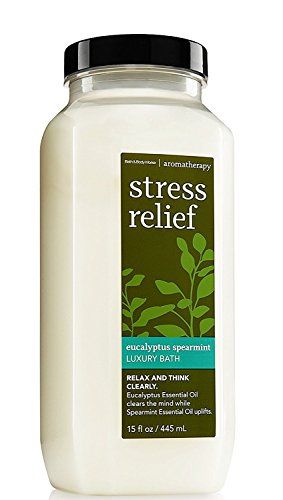 In narcological practice, this drug is prescribed to people who decide to quit smoking or “quit” alcohol. Afobazole in this case perfectly eliminates the signs of withdrawal symptoms. The medicine is also used in psychiatry, where, in combination with other drugs, it eliminates some psychosomatic disorders.
In narcological practice, this drug is prescribed to people who decide to quit smoking or “quit” alcohol. Afobazole in this case perfectly eliminates the signs of withdrawal symptoms. The medicine is also used in psychiatry, where, in combination with other drugs, it eliminates some psychosomatic disorders.
Here it is worth mentioning the main advantage of the sedative in question. The fact is that Afobazole is the only tranquilizer that does not turn into addiction. Moreover, this remedy is combined with alcoholic beverages, which means that when taking the medicine, you will not attract too much attention to yourself at friendly parties and family celebrations.
At the same time, this medication is not prescribed to persons under the age of 18, pregnant women, nursing mothers, and people with lactose intolerance.
6. Gerbion
This is another combination sedative of natural origin, which includes valerian root, peppermint, hop cones and lemon balm.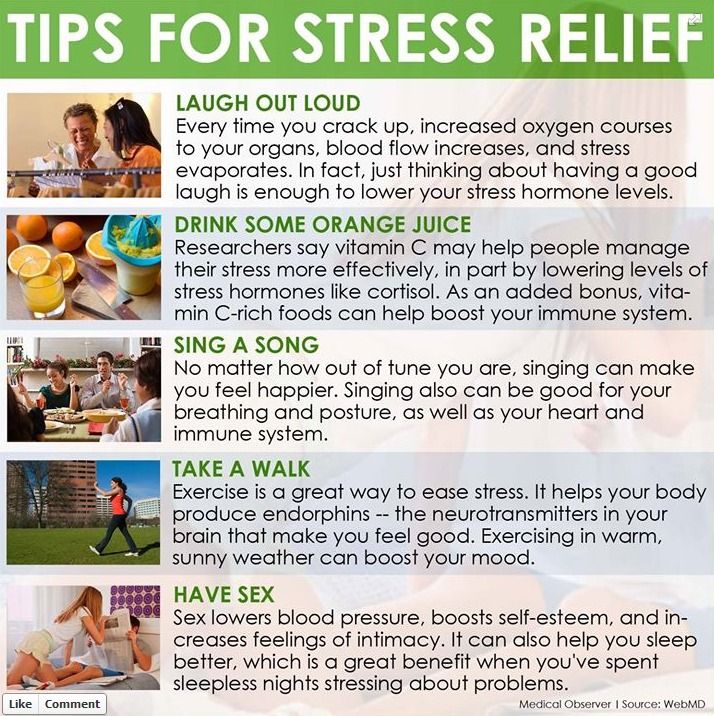 Thanks to this combination of medicinal herbs, the drug has a calming effect on the central nervous system. First of all, this effect is provided by valerian root. Hop cones enhance its effect on the nervous system, while lemon balm and peppermint have a relaxing effect and give the drug a pleasant taste.
Thanks to this combination of medicinal herbs, the drug has a calming effect on the central nervous system. First of all, this effect is provided by valerian root. Hop cones enhance its effect on the nervous system, while lemon balm and peppermint have a relaxing effect and give the drug a pleasant taste.
Gerbion is recommended for people suffering from anxiety, those who need to cope with increased excitability, irritability, insomnia or constant stress. The medicine is produced in drops, and therefore, for most of the listed disorders, it is enough to take 20-30 drops a day so that unpleasant nervous disorders no longer bother you.
It is recommended to use Gerbion for adults, but for children under twelve years of age, the medication is prescribed only after consultation with a specialist. In addition, it should be remembered that Gerbion drops are produced on alcohol, which means that they should be used by persons driving a car and other means of increased danger with caution.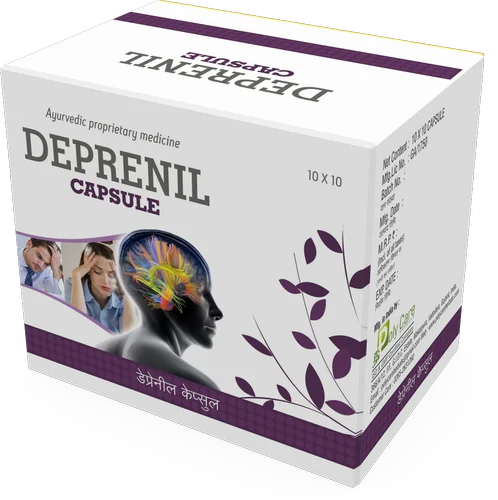
7. Novo-passit
This Czech drug is called the best drug with anxiolytic (anti-anxiety) action. Initially, Novo-Passit caused a lot of doubts as a sedative, because the active component of this drug is the substance guaifenesin, developed by scientists in 2012 to combat coughs. However, later it turned out that this plant substance, extracted from the bark of the guaiac tree, affects not only the cough center, but also the central nervous system, relieving a person of anxiety and perfectly calming “shaken” nerves.
Today Novo-Passit is used to combat such unpleasant conditions as irritability and anxiety, absent-mindedness, fear, and increased excitability. It is often prescribed to women to alleviate symptoms during menopause. Moreover, in combination with other drugs, Novo-Passit is used to combat allergies. Experts note the speed of the drug. Its beneficial effect on the body can be felt after 30 minutes, which makes Novo-Passit indispensable in the case of neuroses and reactive psychoses.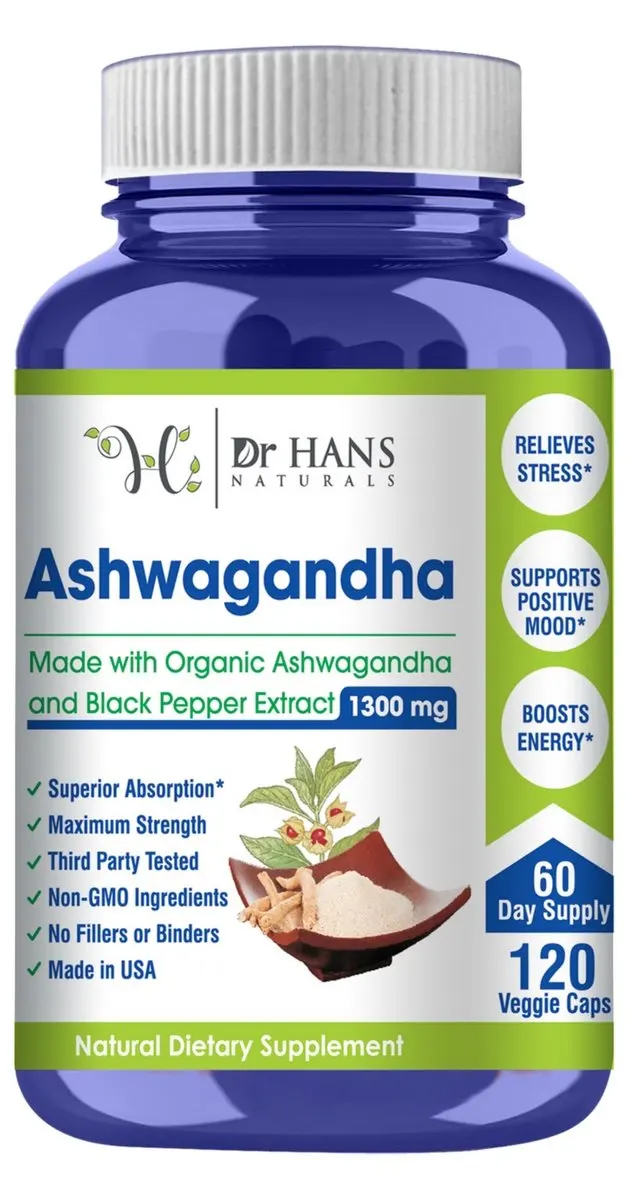 However, every person taking this drug should be aware of the possible side effects in the form of nausea, vomiting, or dizziness.
However, every person taking this drug should be aware of the possible side effects in the form of nausea, vomiting, or dizziness.
In addition, Novo-Passit reduces reaction time and weakens attention, which limits the category of people who can take this drug. Children under 12 years of age are also not prescribed this sedative.
8. Phenibut
Phenibut is one of the best representatives of modern nootropic drugs, i.e. drugs that activate the brain and improve mental processes. At the same time, Phenibut is a universal remedy with tranquilizing (calming and relieving anxiety) action. Due to such a diverse effect on the brain and, in particular, on the nervous system, Phenibut is prescribed in case of difficulty falling asleep, constant fear, anxiety and other neurotic conditions.
Neurologists use this remedy to treat dizziness and tension headaches, in cases of "seasickness" (motion sickness) and Ménière's disease. In combination with other drugs, Phenibut is also prescribed for children. Let's talk about the negative impact on the body. Doctors do not recommend taking the medication for a long time, as in this case it can harm the liver.
Let's talk about the negative impact on the body. Doctors do not recommend taking the medication for a long time, as in this case it can harm the liver.
9. Pantogam
This is another representative of nootropic drugs that protects the brain from oxygen starvation, increases mental and physical performance. At the same time, the drug has a moderate sedative effect on the body, which allows it to be used in neurotic conditions and the treatment of various addictions.
Interest in Pantogam is increasing year by year also because, against the background of the treatment of serious diseases such as schizophrenia, epilepsy or Parkinson's disease, this drug helps to cope with nervous breakdown, sleep disturbance and other consequences of stress. Moreover, it is widely used in pediatrics, improving children's memory and normalizing a child's sleep.
Pantogam is prescribed in the complex treatment of childhood epilepsy, as well as mental retardation in children.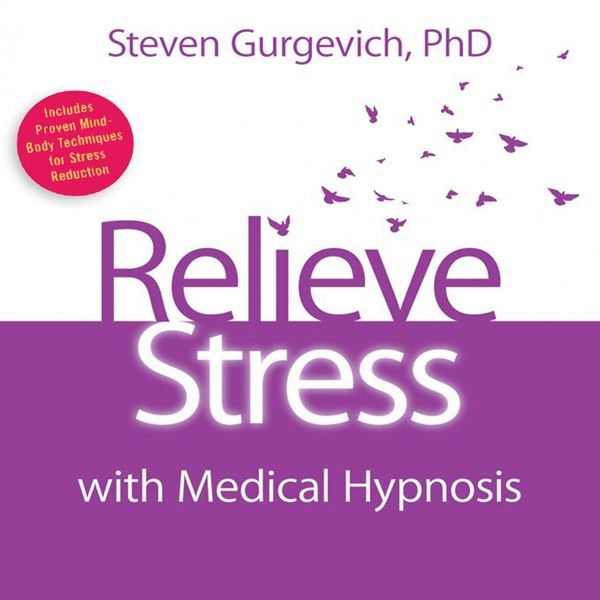 Psychomotor agitation in children is also a reason for prescribing this drug. The advantages of Pantogam include the fact that in the event of side effects, it is enough just to reduce the dosage of the medicine, as an unpleasant condition will immediately go away. However, among its side effects are drowsiness and lethargy, and in case of an overdose, a person becomes lethargic. In addition, the contraindication of the drug is pregnancy (I trimester), allergic reactions and kidney pathology.
Psychomotor agitation in children is also a reason for prescribing this drug. The advantages of Pantogam include the fact that in the event of side effects, it is enough just to reduce the dosage of the medicine, as an unpleasant condition will immediately go away. However, among its side effects are drowsiness and lethargy, and in case of an overdose, a person becomes lethargic. In addition, the contraindication of the drug is pregnancy (I trimester), allergic reactions and kidney pathology.
10. Glycine
If we talk about the means tested over the years, which have long proved their effective effect on the nervous system, then the first among them is Glycine. Today, this remedy is in demand, as before, and doctors proudly call it the best sedative for children. This drug, which improves metabolic processes in the brain, has been helping people cope with increased emotional stress, aggressiveness and conflict for more than a dozen years.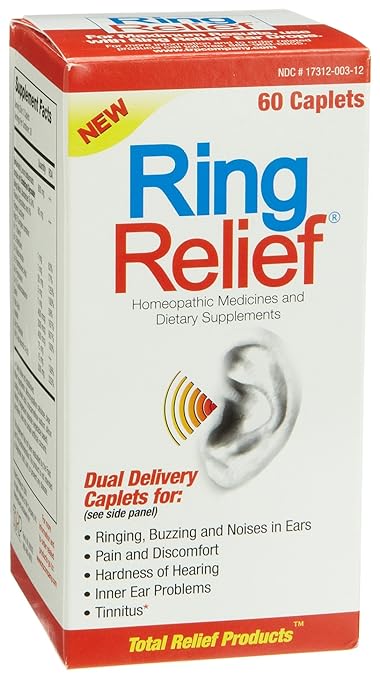
Glycine perfectly improves mood, relieves anxiety and improves sleep. The medication in question helps to cope with the withdrawal syndrome and manifestations of menopause for adults, and at the same time is suitable for children over three years old who suffer from increased excitability and do not sleep well at night.
The great advantage of this universal drug is the absence of contraindications (except for individual intolerance), as well as the low price, which makes Glycine affordable for all categories of citizens.
In this article, you have read the top 10 best sedatives for the nervous system, which means that in case of nervous disorders, it will be much easier for you to choose the right medicine. However, do not forget to consult a doctor before using it. Take care of yourself!
Back to the list of articles
top-5 rating according to the KP
Everyone knows the phrase “all diseases are from nerves”. Indeed, prolonged stress undermines our health, reduces immunity.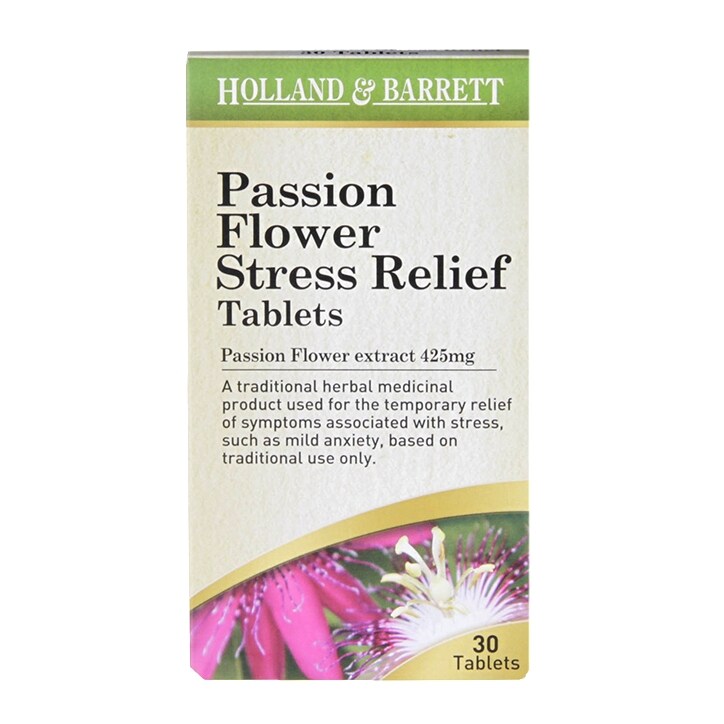 As a result of constant failures, diseases to which a tendency has been observed develop. For example, if you have relatives with hypertension, you have a high risk of developing the disease after prolonged stressful conditions.
As a result of constant failures, diseases to which a tendency has been observed develop. For example, if you have relatives with hypertension, you have a high risk of developing the disease after prolonged stressful conditions.
Short-term stress and emotional outbursts are usually not harmful. Much more dangerous is the sluggish nervous tension that often occurs among residents of megacities. Lack of sleep, city noise, worries at work lead to prolonged, but unnoticed depression, fatigue, mood and sleep disorders. This can drag on for years, until the person "breaks loose", falling into a panic or aggressive state.
Many people unknowingly develop bad habits, start smoking and drinking alcohol to relieve stress. Toxic substances exacerbate the situation.
You can keep your nervous system healthy in other ways. Go in for sports, walk in the fresh air, consult a psychotherapist, take supportive drugs. Light drugs are not addictive and act on the brain quite gently. Therefore, you can buy the best pills for stress and nerves without prescriptions.
Therefore, you can buy the best pills for stress and nerves without prescriptions.
Top-5 rating according to KP version
1. Lotosonic
LotosonicCombined herbal medicine. It has anxiolytic and anti-stress activity. It is produced in Vietnam, so its recipe contains components that are widely used in traditional oriental medicine. It consists of extracts of seeds and embryos of the walnut lotus, seeds of thuja orientalis and Chinese dates, rhizomes of Dioscorea, mulberry leaves and erythrina, as well as the fruits of euphoria longana.
Components of Lotusonic reduce irritation and tension, which are manifested in mental fatigue and neurasthenia. When taking other sedative, hypnotic drugs, as well as antihypertensive and analgesics, the dosage should be adjusted, since the drug enhances their effect. The effect of Lotusonic is cumulative, as with most herbal preparations.
natural herbal composition based on recipes of traditional oriental medicine; indicated for increased excitability, irritability, fatigue; additionally, with insomnia, it helps to restore normal sleep; not addictive; low price.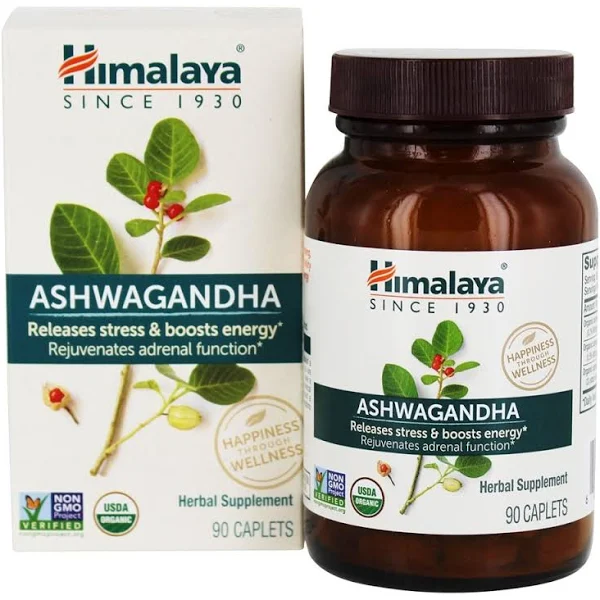
not allowed under 18; can not be pregnant and lactating; allergic reactions are possible; during the period of treatment should refrain from driving.
Lotusonic
Helps fight stress symptoms
Combination medicine Lotusonic has anti-stress activity and helps to cope with irritation and tension. It contains herbal ingredients used in traditional oriental medicine*
Get priceView ingredients
* THERE ARE CONTRAINDICATIONS. CONSULT WITH A SPECIALIST
Advertisement. Dominanta-Service JSC LjN8KJn6d
2. Glycine tablets
Glycine tablets. Photo: market.yandex.ruThis drug is usually prescribed as an additional support for the brain with constant overstrain: stressful work, difficult studies. Tablets regulate metabolism and improve the processes of inhibition in the central nervous system. This reduces tension and aggression.
Also, the drug reduces the consequences after brain injuries, after alcohol or drug poisoning.
improves mental performance; improves sleep; no side effects; possible during pregnancy and children; low price
cumulative effect, not effective immediately
3. Novo-Passit solution
Novo-Passit. Photo: TEVAHerbal preparation, consists of a complex of valerian, hops, lemon balm and others. The herbal complex has a calming effect, effective not only with anxiety, but also with more severe disorders. For example, with itching, migraines, intestinal diseases, bouts of neurasthenia, which are caused by psychological stress.
The product contains ethanol - alcohol, which should be taken into account. During pregnancy, the drug is not recommended to be taken, but according to certain indications, they are at risk. For convenience, there is also a form of tablets, but the solution is absorbed and acts faster.
natural composition; fights many nervous diseases; improves sleep; palatable
possible side effects; recommended to stop driving; not allowed under 12 years of age; not for breastfeeding mothers; inconvenient form of reception; not compatible with certain medications; high price
4.
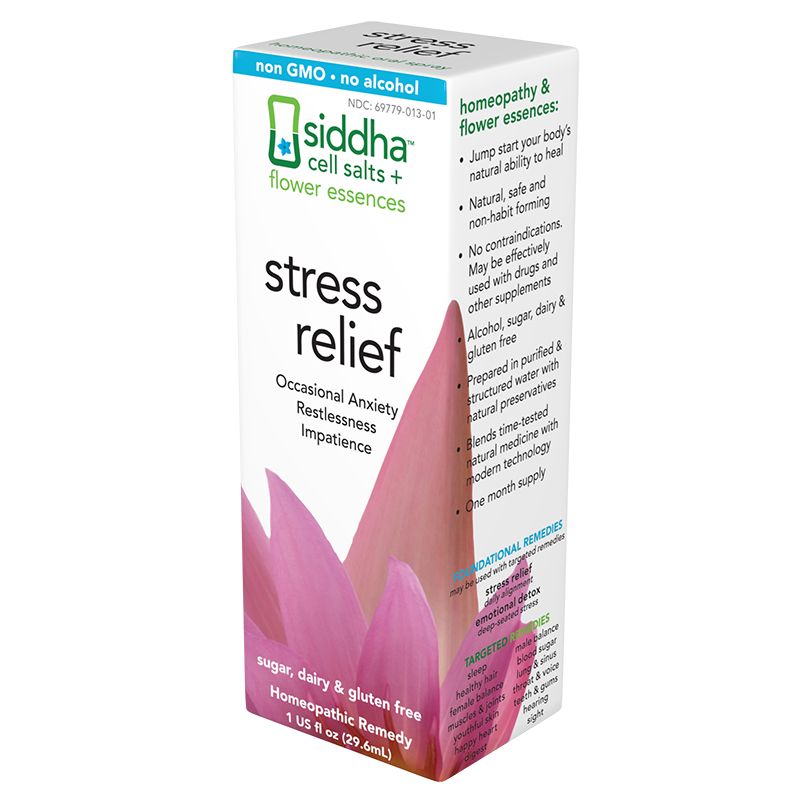 Afobazole Afobazole tab. Photo: market.yandex.ru
Afobazole Afobazole tab. Photo: market.yandex.ru This drug is one of the most “strong” in our ranking of the best pills for stress and nerves, it belongs to tranquilizers and antidepressants. It is used for anxiety, anxiety attacks, sleep disorders. It also facilitates the course of many diseases: asthma, hypertension, arrhythmias.
The drug is especially indicated for vulnerable, suspicious people, prone to tearfulness or irritability. Taking pills makes it easier to endure premenstrual syndrome, as well as the "withdrawal syndrome" with a sharp rejection of bad habits, smoking and alcohol.
protects nerve cells; eliminates anxiety; relieves depression; fights many nervous diseases; does not cause lethargy and addiction; practically no side effects.
not allowed under 18; not during pregnancy and lactation; cumulative effect, does not appear immediately; high price.
5. Motherwort forte
Motherwort forte tab. Photo: market.yandex.ru In fact, it is not a medicine, but a dietary supplement, a source of vitamins, magnesium and flavones. Their accumulation has a very mild calming effect and is suitable for minor anxiety as an additional support for the body. With severe stress and its physical manifestations, the drug may not work immediately. Sometimes you have to take pills for more than a week before the effect appears.
Their accumulation has a very mild calming effect and is suitable for minor anxiety as an additional support for the body. With severe stress and its physical manifestations, the drug may not work immediately. Sometimes you have to take pills for more than a week before the effect appears.
natural composition; reduces the level of anxiety; no side effects; does not cause addiction and drowsiness; low price.
cumulative effect; not allowed under 18 years of age; not allowed during pregnancy and lactation.
How to choose pills for stress and nerves
You should not prescribe even light sedatives yourself. Most likely, they will not cause direct harm, but they can “blur” the picture of the course of a nervous disease. You may actually need a different type of medication and psychotherapy sessions. Therefore, it is better to consult a neurologist or a psychotherapist.
“The drug should be chosen according to the problems. If you experience "bodily anxiety" - a feeling of tingling in the body, a coma in the throat, a feeling of lack of air, pressing pains and tightness behind the sternum, it is better to choose drugs with the properties of a vegetative stabilizer.
